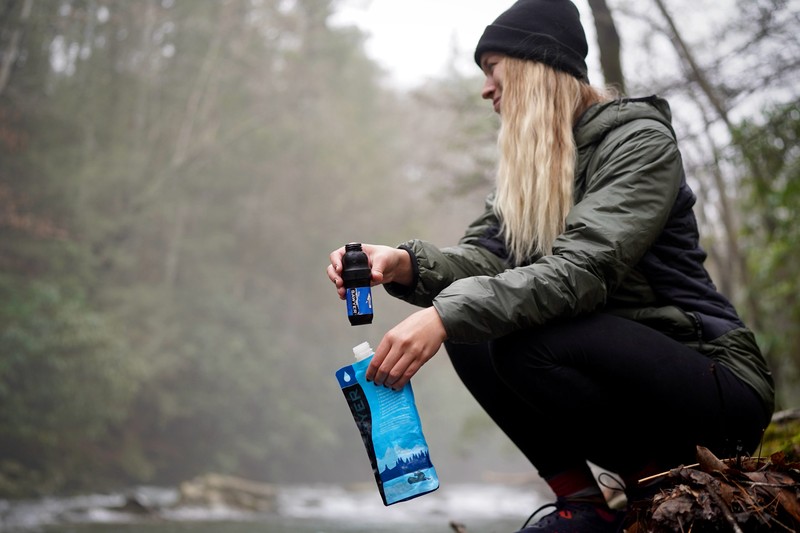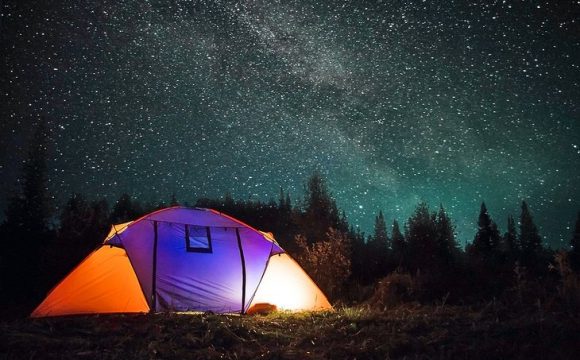Going camping is a brilliant way to reconnect with nature and escape the hustle and bustle of everyday life. However, it does come with its own challenges, one of which is ensuring you have a reliable source of clean water. The solution? Achieving water independence. And trust me, it’s not as complex as it sounds.
Step 1: Understand the Importance of Clean Water
Clean water is critical when camping. It is essential for cooking, cleaning, and most importantly, drinking. You might be tempted to drink from that clear, gurgling stream, but it may not be as clean as it seems. The water could contain parasites or bacteria, leading to health complications. You can overcome this challenge by becoming independent in your water sourcing and ensuring the water you consume is of the highest quality. One way to do this is through a water harvesting solution, like the H2O Dynamo, a unique device that transforms air humidity into clean, fresh water.
Step 2: Invest in the Right Equipment
To ensure you have a reliable supply of clean water, investing in the right equipment is crucial. Consider equipment like portable water filters, purification tablets, or innovative systems like the H2O Dynamo. These tools can provide you with clean water regardless of your location.

Step 3: Learn Basic Water Collection Techniques
There are several ways to collect water in the wilderness, such as dew collection, rainwater collection, or extracting water from plant transpiration. By learning these methods, you’ll always have a backup plan. Remember, knowing just one technique isn’t enough; having multiple options ensures you’re never without water.

Step 4: Learn How to Store and Preserve Water
Once you’ve obtained your water, it’s essential to store it correctly to prevent it from becoming contaminated. You’ll need a clean container to keep the water in, and if you’re camping for an extended period, you might want to consider methods of preservation, such as boiling or adding water purification tablets.
Step 5: Practice and Perfect Your Skills
Water independence is a survival skill, and like all skills, it requires practice to perfect. Make it a habit to try out different water collection methods, familiarize yourself with various pieces of equipment, and understand the intricacies of each technique.
Remember, achieving water independence isn’t just about survival. It’s also about reducing our reliance on bottled water and contributing to a more sustainable and eco-friendly world. And if you’re interested in other ways of becoming more independent on your camping trips, check out these seven DIY projects for energy independence.
Going camping should be an enjoyable experience. Being well-prepared will help ensure you can relax and enjoy your trip without worrying about your next drink of water. And hey, while we’re at it, check out these five must-visit places for adventure seekers to quench your thirst for adventure.

The Role of Technology in Water Independence
With technology continually evolving, it’s no surprise that it can also aid us in achieving water independence while camping. Devices like the H2O Dynamo are perfect examples of how technological innovation can help us access safe drinking water from our surroundings. These devices are designed with efficiency and ease of use in mind, making them ideal for any camping trip. Moreover, these technologies are not only useful for outdoor adventures but also in emergency situations where clean water is scarce.
The Environmental Impact of Water Independence
When we talk about water independence, we often focus on its benefits for us as individuals. However, it’s worth noting that this practice also has significant environmental implications. By being self-reliant, we reduce our dependence on bottled water, which contributes to plastic pollution. Moreover, sourcing our water locally means we are not relying on water that has been transported over long distances, reducing carbon emissions. In short, water independence is not just a personal benefit or a survival strategy; it’s a small but impactful way of contributing to environmental conservation.

The Psychological Benefits of Learning Survival Skills
Acquiring survival skills like water independence can do wonders for your confidence and mental wellbeing. There’s a certain sense of satisfaction and empowerment in knowing that you can take care of yourself in various situations. This not only builds self-reliance but also promotes problem-solving and adaptability—skills that are useful in everyday life. Plus, practicing these skills gives us a greater appreciation for resources we often take for granted, such as clean water, promoting mindfulness and gratitude.




